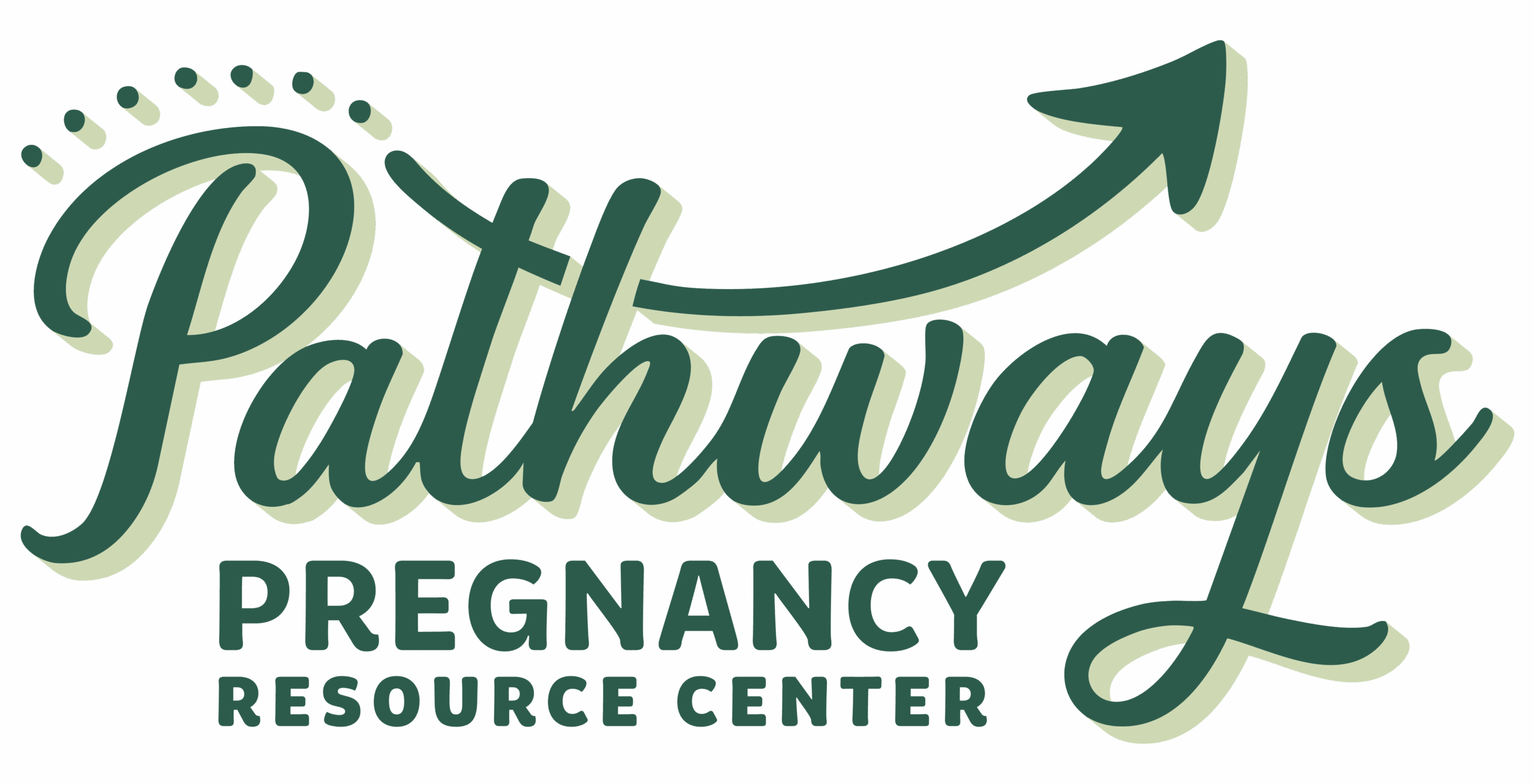

When facing an unintended pregnancy in Colorado, understanding the financial aspects of your healthcare options is crucial for making informed decisions.
This guide provides detailed information about abortion costs in Colorado, including surgical procedures, insurance coverage, and the importance of receiving an ultrasound before an abortion.


Surgical Abortion Costs in Colorado
The cost of surgical abortion in Colorado varies depending on several factors, including the type of procedure, your gestational age, and your insurance coverage. Generally, you can expect the following price ranges[1]:
- Suction Abortion (5 to 12 weeks): Costs typically range from $500 to $600 on average.
- D&E Abortion (9-20 weeks): These procedures are more complex and costly, ranging from $700 to $2,200 or more.
- Surgical Abortion (20+ weeks): The cost of these procedures ranges heavily, but could be upwards of $15,900.
Additional costs may include consultation fees, laboratory tests, ultrasounds, and follow-up care, which can add to the total expense.

Insurance Coverage for Abortion in Colorado
Colorado has specific regulations regarding abortion coverage:
- Medicaid: Currently, Colorado Medicaid covers abortion services in cases of rape or incest, life endangerment to the pregnant woman, or if the fetus has a severe fetal defect that is incompatible with life outside the womb.[2]
- Private insurance: Many private plans cover abortion, but coverage varies by policy.[3]
If you do not have any kind of health insurance, you may be required to pay out-of-pocket for an abortion.
Additional Costs to Consider
Aside from the cost of the procedure itself, you’ll also need to consider the cost of:
- Care that you may need before the abortion, such as an ultrasound
- Time off work for the procedure and recovery
- Follow-up care if complications arise or the medical abortion is incomplete
All of these costs may vary depending on your provider and your insurance coverage.

Essential Steps Before Considering Surgical Abortion
An unintended pregnancy can feel overwhelming, but you don’t have to navigate this alone. Making an empowered decision about your pregnancy requires careful consideration and proper medical evaluation.
Before considering surgical abortion, take these important steps:
Please note that Pathways does not provide or refer for abortion services.

Step 1: Confirm Your Pregnancy
Before considering abortion, it’s essential to confirm your pregnancy and determine how far along you are. Pathways Pregnancy Resource Center offers:
- Free self-administered pregnancy tests – Get your confidential results in 5 minutes
- Referral for a free ultrasound – Determine gestational age and confirm proper uterine development
- Viability: An ultrasound determines if your pregnancy is viable and progressing normally. This helps rule out miscarriage in progress or ectopic pregnancy, conditions where medical abortion wouldn’t be appropriate or necessary.
- Gestational Age: Knowing exactly how far along you are is critical because the abortion pill is only FDA-approved for pregnancies up to 10 weeks gestation.
Having accurate pregnancy information is crucial for making an informed choice about your next steps.

Step 2: Learn About All of Your Pregnancy Options
Whether considering abortion, adoption, or parenting, having complete information about each path allows for informed decision-making.
At Pathways Pregnancy Resource Center, we provide comprehensive information about all pregnancy options without pressure or judgment, helping you fully consider the implications of each choice.
We offer comprehensive pregnancy support services at no cost, including:
- A self-administered pregnancy test
- A care coach to listen, and provide information about all of your options with no judgement or pressure
- Referral to a free ultrasound
- Birth-ready classes taught by a professional doula
- Adoption referrals
- Online parenting classes
- Material support, including maternity essentials and a car seat
- Referrals to additional resources and support available in our community
- Reproductive loss support after an abortion, miscarriage or still birth
Our team understands the challenges of an unintended pregnancy and is committed to helping you feel informed, supported and empowered as you make decisions about your future.


Step 3: Understand Abortion Types and Risks
The Abortion Pill (Medication Abortion)
The abortion pill involves two separate medications taken over several days:
Mifepristone (First Medication):
- Blocks the hormone progesterone needed to maintain pregnancy
- Causes the embryo to stop growing
- Taken at a medical facility under supervision
- If you change your mind after taking this first pill, the process can be reversed with counteracting medication. Click here to call the Abortion Pill Reversal Hotline.
Misoprostol (Second Medication):
- Taken 24-48 hours after mifepristone
- Causes uterine contractions to expel pregnancy tissue and the embryo
- Usually taken at home
- Most effective at or before 10 weeks of pregnancy
Surgical Abortion Procedures
Aspiration/Suction Abortion:
- Most common surgical abortion method
- Uses suction device to remove embryo or fetus through the vagina
- Performed at abortion clinic as an outpatient procedure
- Typically completed the same day


Abortion Risks and Complications to Consider
Understanding potential risks helps you make a fully informed decision about abortion procedures.
Incomplete Abortion[4]:
- Failure to remove all fetal tissue completely
- More common with abortion pill than surgical procedures
- May require additional surgical intervention to prevent infection or bleeding
- Occurs in approximately 2-7% of medication abortions (source?)
Failed Abortion[5]:
- Pregnancy continues despite abortion attempt
- More common with medication abortion
- May require surgical procedure to complete abortion
- Some women choose to continue pregnancy when this occurs

Infection Risk[6][7][8]:
- Can result from instrument insertion or retained tissue
- May develop into serious pelvic inflammatory disease (PID)
- Severe cases can lead to sepsis (life-threatening body-wide infection)
- Can cause scarring that impacts future fertility
Hemorrhage (Heavy Bleeding)[9]:
- Approximately 1 in 100 women using abortion pill require surgical intervention for bleeding. As many as 15% will experience hemorrhage.
- May require emergency medical treatment
- Can be life-threatening if not treated promptly
Physical Injury[10]:
- Risk of cervical or uterine damage from surgical instruments
- Rare but serious complications include organ puncture
- Risk increases with later gestational age
- May require surgical repair


Long-Term Health Considerations
Impact on Future Pregnancies[11][12][13][14][15]:
- Research indicates there is increased risk of preterm birth in subsequent pregnancies
- Studies show potential link to low birth weight in future babies
- Risk may be higher with multiple abortions
- Discuss personal risk factors with your healthcare provider
Step 4: Get Tested for Sexually Transmitted Infections (STIs)
STI testing is crucial before any abortion procedure because:
- Many STIs have no obvious symptoms
- Untreated STIs significantly increase infection risk after an abortion
- It protects your overall reproductive health
Give us a call at 970-247-5559 or make an appointment online today.

Step 5: Ensure that you have someone to turn to
Following your abortion, you may experience a physical complication or emotional pain. It is important that ahead of your procedure, you plan for who will help you through these circumstances. Choose someone you trust who will help you get the medical attention you need or help you process your experience in a healthy way and heal emotionally.
Pathways Pregnancy Resource Center offers free reproductive loss support after an abortion, miscarriage or still birth.
Give us a call at 970-247-5559 or make an appointment online today.
Please note: Pathways Pregnancy Resource Center provides information and pregnancy services but does not perform or refer for abortion procedures or emergency contraception.

Frequently Asked Questions
How much does surgical abortion cost at an abortion clinic?
Prices vary based on how far along you are, the type of procedure you receive, and whether or not you have health insurance coverage.
Does Colorado Medicaid cover abortion?
- Rape or incest,
- Life endangerment to the pregnant woman
- Severe fetal defects that are incompatible with life outside the womb
Are there additional costs beyond the procedure itself?
Yes. In addition to the abortion itself, you may have to pay for initial consultation fees, ultrasounds, laboratory tests, follow-up appointments, and potentially treatment for complications.
What happens if I can't afford a surgical abortion?
If you can’t afford a surgical abortion, consider exploring all your pregnancy options including parenting resources and adoption services.
Pathways PRC offers free pregnancy support, ultrasounds, and information about community assistance programs to help you make the best decision for your future.
Pathways Pregnancy Resource Center provides generally accepted medical information and pregnancy services but does not perform or refer for abortion procedures or emergency contraception. All information on this site is subject to change and should not be considered medical or legal advice. Please consult your own professional in the event of specific medical or legal needs.
Sources:
- Pregnancy Decision Line. (2023, October 10). Abortion Cost Colorado. https://pregnancydecisionline.org/learn/abortion/abortion-costs/abortion-costs-colorado/
- Colorado Department of Health Care Policy & Financing. (2022, March). Medical Services Board Policy MSB 22-02-27-A: Revision to the Medical Assistance Rule Concerning Abortion Services, Section 8.770. https://hcpf.colorado.gov/sites/hcpf/files/MSB%2022-02-27-A%20PRRM%20-%20Mar%202022.pdf
- Colorado General Assembly. (2025). SB-25-183: Coverage for Pregnancy-Related Services. https://leg.colorado.gov/bills/sb25-183
- U.S. National Library of Medicine. (2024, October 15). Abortion – Surgical. MedlinePlus. https://medlineplus.gov/ency/article/002912.htm
- American College of Obstetricians & Gynecologists. (2020). Medication abortion up to 70 days of gestation. Obstetrics & Gynecology, 136(4), 855-858. doi:10.1097/ aog.0000000000004083. https://www.acog.org/clinical/clinical-guidance/practice-bulletin/articles/2020/10/medication-abortion-up-to-70-days-of-gestation#
- Stevenson MM, Radcliffe KW. Preventing pelvic infection after abortion. Int J STD AIDS. 1995 Sep-Oct;6(5):305-12. doi: 10.1177/095646249500600501. PMID: 8547409.
- Bridwell RE, Long B, Montrief T, Gottlieb M. Post-abortion Complications: A Narrative Review for Emergency Clinicians. West J Emerg Med. 2022 Oct 23;23(6):919-925. doi: 10.5811/ westjem.2022.8.57929. PMID: 36409940; PMCID: PMC9683756.
- Mayo Clinic. (2022, April 30). Pelvic Inflammatory Disease (PID). https://www.mayoclinic.org/diseases-conditions/pelvic-inflammatory-disease/symptoms-causes/syc-20352594
- U.S. Food and Drug Administration, (2016). Mifeprex Medication Guide. https://www.fda.gov/media/72923/download
- Paul, E. S. Lichtenberg, L. Borgatta, D. A. Grimes, P. G. Stubblefield, & M. D. Creinin (Eds.), 2009. Medical abortion in early pregnancy in Management of unintended and abnormal pregnancy: Comprehensive abortion care (pp.122-29). Chichester, UK: Wiley-Blackwell.
- American College of Obstetricians & Gynecologists. (2019). Pelvic inflammatory disease (PID). https://www.acog.org/womens-health/faqs/pelvic-inflammatory-disease
- Swingle, H. M., Colaizy, T. T., Zimmerman, M. B., Morriss, F. H. (2009). Abortion and the risk of subsequent preterm birth: A systematic review with meta-analyses. The Journal of Reproductive Medicine, 54(2), 95–108.
- Shah, P. S., Zao, J. (2009). Induced termination of pregnancy and low birthweight and preterm birth: A systematic review and meta-analyses. British Journal of Obstetrics & Gynaecology, 116(11), 1425–42. doi: 10.1111/j.1471- 0528.2009.02278.x.
- Moreau, C., Kaminski, M., Ancel, P.Y., Bouyer, J., et al (2005). Previous induced abortions and the risk of very preterm delivery: Results of the EPIPAGE study. Br J Obstet Gynaecol,5,112(4):430–37.
- Ancel, P.Y., Lelong, N., Papiernik, E., Saurel-Cubizolles, M.J., Kaminski, M (2004). History of induced abortion as a risk factor for preterm birth in European countries: Results
